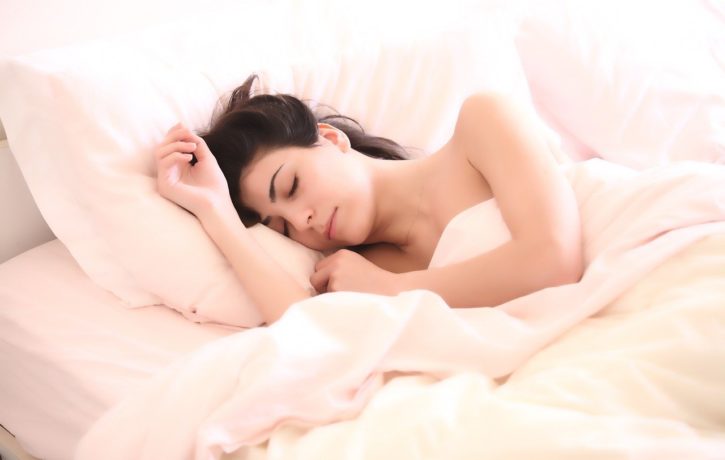in Mindfulness
The Art of Rest

Much has been written about how to sleep better and how to find happiness. Much less has been written about ‘rest’.
Claudia Hammond, best known for her Radio 4 podcast ‘All in the mind’ seeks to rectify this in her recent book ‘The art of rest – how to find respite in the modern age’ – arguing that modern life leads, all too often, to individuals having a rest-deficit. The resulting tiredness she says, “leads to memory lapses, a blunting of emotions, a lack of concentration, more frequent misunderstandings and impaired judgement.”
Based on extensive research into what actually works for people, it seems that mindfulness and various other activities are restful for many individuals. For one thing, mindfulness entails us being in the present – which stops us dwelling on the past or worrying about the future.
Yogis who were studied as part of the research, had apparently done, on average, 27,000 hours of mediation – a time commitment that few of us would be dedicated enough to make. However, even a more everyday type of mindfulness, where we slow down and notice more of what our own senses are telling us, appears to bring rest to many.
In addition to mindfulness, watching TV was also identified as being a very restful activity. Why so many people find watching TV to be restful, can perhaps be summed up in this passage:
“We could practice mindfulness, but there’s nothing wrong with a bit of mindlessness. Nothing wrong with zoning out rather than zoning in. Watching TV is escapist and easy. No going to classes to learn how to do it. No paying to go to a spa. No practice needed. Just switch on the screen and switch off the brain. Binge watch that box set. It is total immersion. Totally mesmerising. Totally relaxing.”
In addition to mindfulness and watching TV, the most restful activities, according to research, are: reading, spending time in nature, being alone, listening to music, doing nothing in particular, having a good walk, having a hot bath and daydreaming. Developing a habit of some of these and other activities could be highly beneficial to our wellbeing. Perhaps, the best advice is to try the above and see what works for you.
Talking therapies enable one to find ways of making tomorrow better than today.
To arrange a free 30-minute consultation to discuss how BWRT®, hypnotherapy or counselling can help you to change your life for the better, contact Jonathan at The Body Matters on 01702 714968.
- COVID-19 and the Fear of Needles - 22nd March 2021
- The Damaging Effects of the Pandemic - 1st March 2021
- What is Yangsheng? - 27th January 2021
